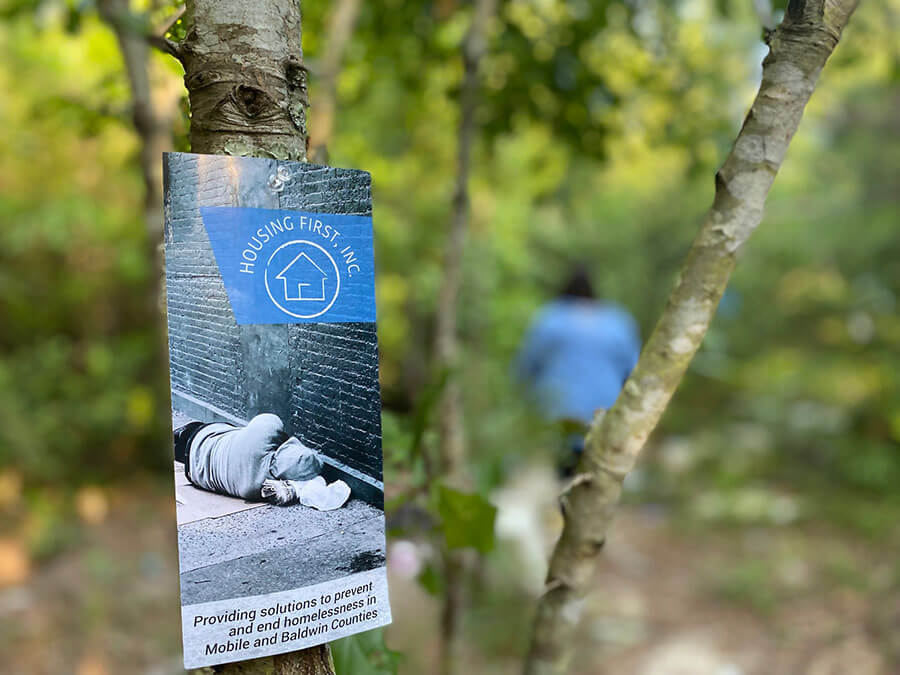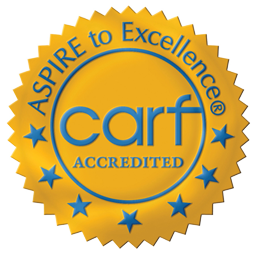The Community Outreach Department is where compassion meets action in our mission to end homelessness in Mobile and Baldwin Counties.
As the first point of contact for many individuals experiencing homelessness, our dedicated team of Outreach Specialists venture into the community daily, reaching out with empathy and expertise to guide individuals through the housing process. With a focus on compassion and respect, our specialists assess program eligibility, connect individuals with vital community resources, provide information on emergency shelters, and collaborate with local agencies to offer comprehensive assistance tailored to each individual or family’s needs.
But our outreach doesn’t stop there. We actively engage with local service providers, community organizations, churches, municipalities, and businesses to cultivate resources and raise awareness about homelessness. From attending community events to speaking engagements and participation in conferences and seminars, we strive to foster a community-wide commitment to addressing homelessness.
As stewards of critical initiatives, our department leads the annual Point-in-Time count (PIT) and Project Homeless Connect. PIT, a HUD-driven initiative, involves community volunteers in obtaining a snapshot of homelessness during a single “Point-in-Time,” providing invaluable insights into the scope of homelessness in our counties. Meanwhile, Project Homeless Connect is a day-long event that bridges individuals experiencing homelessness with essential community services, fostering hope and empowerment.
If you or someone you know is in need, please contact our office at communityoureach@hfal.org.

STREET OUTREACH
Meeting those experiencing homelessness where they are, whether it’s in an encampment in the woods, under a bridge, in their vehicle, or an emergency shelter.
RESPONSIVE OUTREACH
Responding quickly to calls from partner agencies, law enforcement, or concerned citizens regarding persons in need of assistance.
COLLABORATIVE OUTREACH
Working together with partner agencies, municipalities, churches, schools, and law enforcement to educate, advocate, and develop resources for those experiencing homelessness


